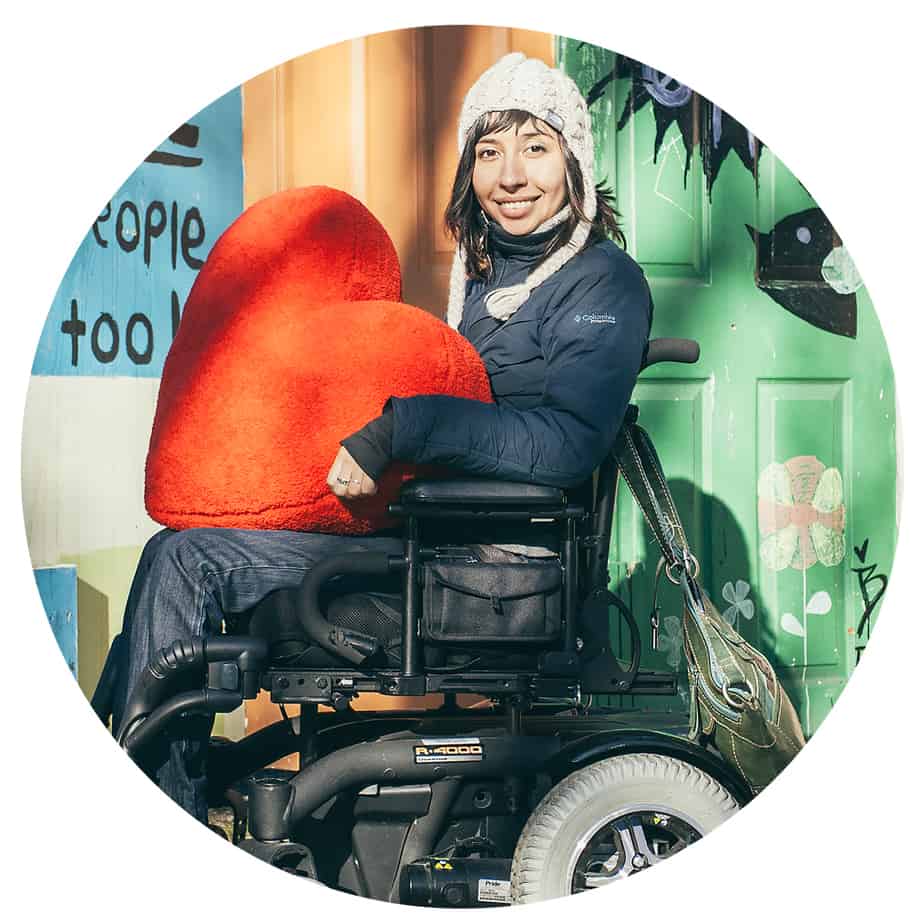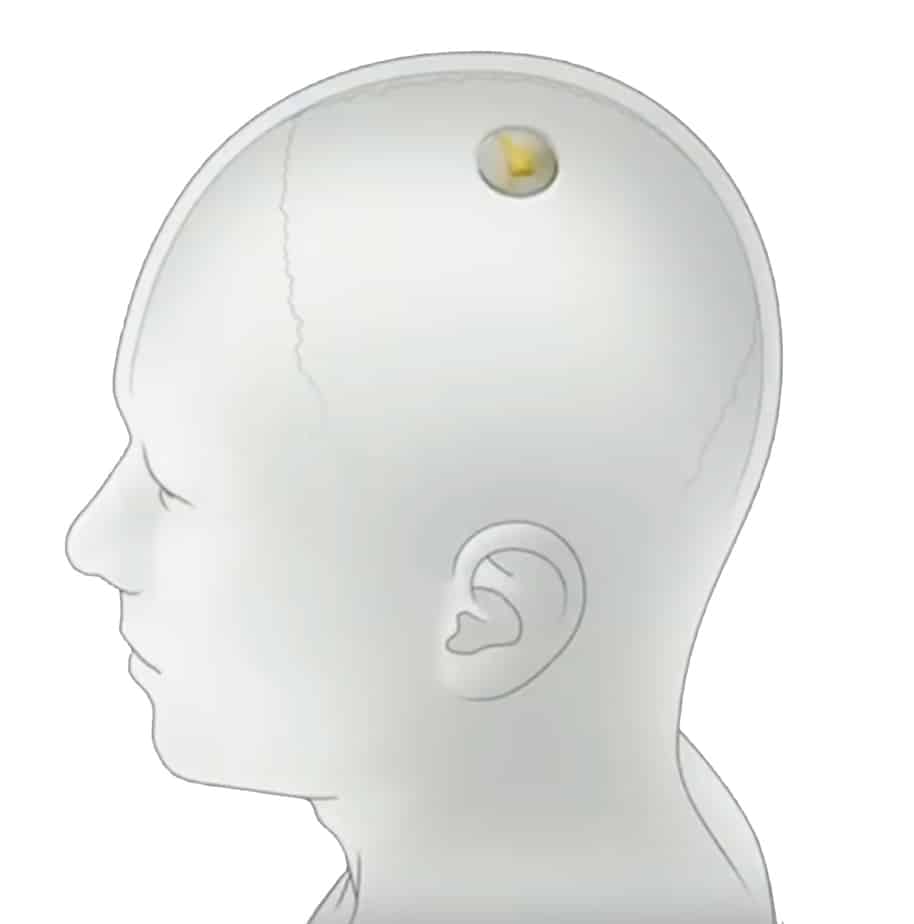

.
Disability Goes Partisan
Whatever your political leanings, the recent Republican and Democratic National Conventions had a wheelchair user for you.
At the virtual Democratic convention, high-profile advocate Ady Barkan, who has ALS, issued a passionate call for politicians to start treating healthcare as a human right. “In the midst of a pandemic, nearly 100 million Americans do not have sufficient health insurance,” said Barkan, who speaks using a communication device. “And even good insurance does not cover essential needs like long-term care. Our loved ones are dying in unsafe nursing homes, our nurses are overwhelmed and unprotected, and our essential workers are treated as dispensable.”

A few days later, at the Republican convention, the messaging was decidedly more upbeat. Madison Cawthorn, 25, who uses a wheelchair due to paraplegia and has a real chance to become the youngest member of the House of Representatives, presented a lofty message about the power of young people to change history, while casting conservatives as America’s change makers. At the end of the speech, Cawthorn stood up out of his wheelchair with the help of leg braces and a walker. “You can kneel before God, but stand for our flag,” he said.
How you view Barkan’s healthcare assessment and Cawthorn’s theatrical use of his disability may be something of a Rorschach test for your political leanings. The New York Post gushed after Cawthorn’s speech that, “He truly is a rising GOP star,” while Karin Wllison, writing for The Mighty, dug into the ways that Cawthorn’s performance played into harmful disability tropes. Add those to a recent controversy over a ranking House Republican who posted a doctored video of Barkan on his Twitter account, and it looks like disability in America has become a partisan cudgel, just like everything else.

One Million Dollars!
In September, the Craig H. Neilsen Foundation announced Reveca Torres, Andrea Dalzell and Dr. Brian Kwon as the winners of its inaugural Visionary Prize, with a jaw-dropping award of $1 million each.
Torres, the 2016 NEW MOBILITY Person of the Year, is the founder of Backbones, a nonprofit that connects and serves the spinal cord injury community, as well as a board member of United Spinal Association. Dalzell, also a United Spinal member, is a wheelchair-using nurse who has worked the frontlines during the COVID-19 crisis and an advocate for more inclusion in the medical field. Kwon is a spinal cord injury researcher.

Dalzell discovered she was a prize winner on Good Morning America. When asked what she would do with her prize, she immediately responded, “I want to start a whole program for people with disabilities to get into health care. They should be given a chance.”
Torres plans to use the money to expand Backbones programs and services. “It’s exciting to have the opportunity to dream a little bigger,” she says.
Read our 2016 Person of the Year profile of Torres, newmobility.com/2016/01/reveca-torres, and Dalzell’s poignant story from our COVID-19 issue, newmobility.com/2020/05/life-in-the-time-of-covid-19.
The Cyborgs Are All in Your Head
 Brain computer interface is a fancy term for a fancy technology: electrodes that let you control a computer or other electronic device using only your thoughts. The origins of BCI date back to the early 2000s, and in recent years researchers have made significant strides, allowing study participants to control everything from video games to robotic arms. (Read Kate Willette’s July Research column, “Mind Over Machine”.) The field obviously has potential implications for the spinal cord injury world, and it now has a high-profile new entrant: Elon Musk and his BCI company, Neuralink.
Brain computer interface is a fancy term for a fancy technology: electrodes that let you control a computer or other electronic device using only your thoughts. The origins of BCI date back to the early 2000s, and in recent years researchers have made significant strides, allowing study participants to control everything from video games to robotic arms. (Read Kate Willette’s July Research column, “Mind Over Machine”.) The field obviously has potential implications for the spinal cord injury world, and it now has a high-profile new entrant: Elon Musk and his BCI company, Neuralink.
At the end of August, Musk held a press conference for Neuralink and claimed the device may one day be used for everything from recording and retrieving memories to streaming music directly to your brain. Tucked behind Musk’s transhumanist vision were a couple of concrete announcements. First, the Neuralink recently received breakthrough therapy designation from the FDA, expediting its path to regulatory approval. Second, the inaugural clinical trials for the device will feature users with spinal cord injuries.
Musk has made clear that BCI is a technology he thinks everyone, disabled or not, should use someday, and he’s investing like he believes it. That alone gives BCI an advantage over every other spinal cord injury research field. It looks like the future is here — if you’re willing to give a robot surgeon and a real-life version of Tony Stark access to your cerebral cortex. Who’s in?
What to Watch: Cooking in a Wheelchair
Like everyone else around the world, London-based Katie Pennick found herself cooking a lot more when COVID-19 turned going out to eat into a gamble with your health. The experience led her to start a new YouTube show, Cooking in a Wheelchair, which focuses on what she calls “low-effort” meals that minimize steps and clean up, avoid too much chopping and intensive prep work, or have built-in rest breaks. If you need some new recipe ideas or tips for tackling some of the challenges of cooking while seated, it’s worth a follow — Pennick is a pleasure to hang out with, and her background in broadcast journalism shines through in the show’s production. Check out the first episode, “The Basics (with Gnocchi)”.

Read
Larime Taylor created the acclaimed Voice In the Dark series from image comics by writing, drawing and lettering each issue by mouth. After a successful recent Kickstarter campaign, he’s now set to publish a new digital comic called Keep Staring, which he describes as “a ‘kids-on-bikes’ story like It and Stranger Things, if the kids were all disabled and several are POC and LGBT. … the kids cuss, they aren’t all sweetness and sunshine, and real dangers are faced. But in the end, hope wins.” The first issue is expected on Halloween of this year. To learn more about the project, go to bit.ly/3hzujoe.
Disability-Friendly Colleges
College Magazine recently released its list of top universities for students with disabilities — ranging from huge state schools like Ohio State to elite private schools like Harvard. Check the list at: collegemagazine.com/top-10-universities-for-students-with-disabilities-2020. And for a more in-depth guide to which colleges across the country are best for wheelchair users, stay tuned this fall for the release of NEW MOBILITY’s own college guide, Wheels on Campus.
Support New MobilityWait! Before you wander off to other parts of the internet, please consider supporting New Mobility. For more than three decades, New Mobility has published groundbreaking content for active wheelchair users. We share practical advice from wheelchair users across the country, review life-changing technology and demand equity in healthcare, travel and all facets of life. But none of this is cheap, easy or profitable. Your support helps us give wheelchair users the resources to build a fulfilling life. |


Looking for a friend that is in need of finding assisted living for family member that is a paraplegic and in need of 24 hour care. They live in Brevard NC. Hope you might have some info that will help. Thank you for your time.